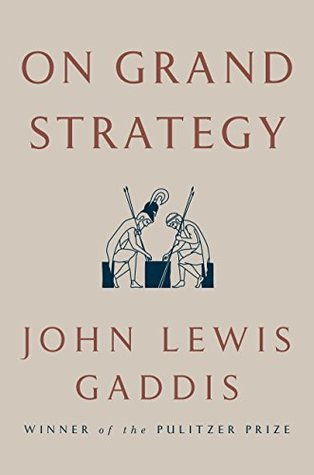More on this book
Community
Kindle Notes & Highlights
Xerxes listens patiently, but objects that “if you were to take account of everything . . . , you would never do anything. It is better to have a brave heart and endure one half of the terrors we dread than to [calculate] all of the terrors and suffer nothing at all. . . . Big things are won by big dangers.”
Xerxes was right. If you try to anticipate everything, you’ll risk not accomplishing anything. But so was Artabanus. If you fail to prepare for all that might happen, you’ll ensure that some of it will.
Lucas Rizoli liked this
Assuming stability is one of the ways ruins get made. Resilience accommodates the unexpected.
“If one was young in the 1930s, and lived in a democracy,” Isaiah Berlin later recalled, “then, whatever one’s politics, if one had human feelings at all, the faintest spark of social idealism, or any love of life whatever, one must have felt . . . that all was dark and quiet, a great reaction was abroad: and little stirred, and nothing resisted.”
One reader’s gratitude occasioned the war’s most famous case of confused identity. On February 9, 1944, Winston Churchill invited the author of the weekly summaries, “I. Berlin,” to lunch at 10 Downing Street. Where the prime minister found himself seated, baffled, next to an equally bewildered guest of honor, the composer of “White Christmas.”


